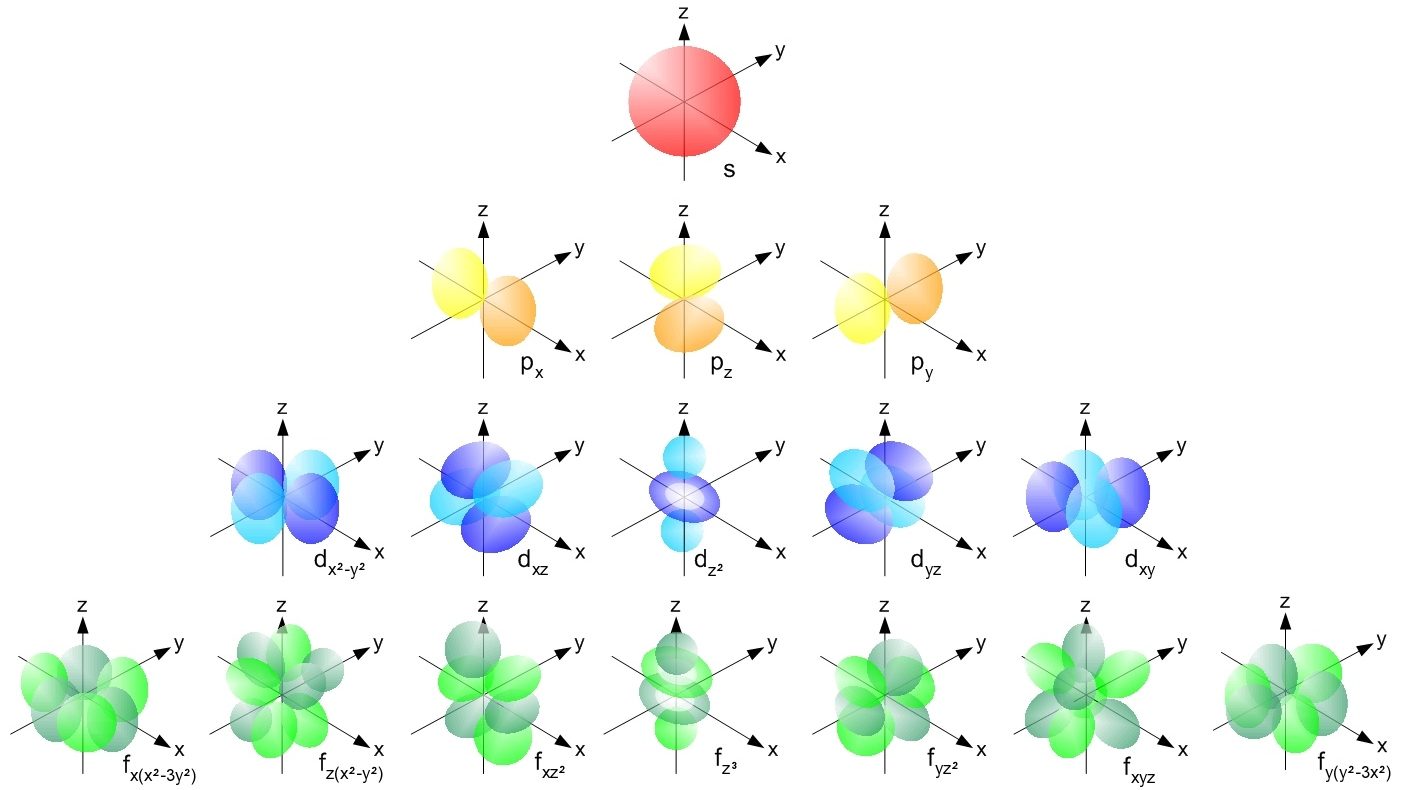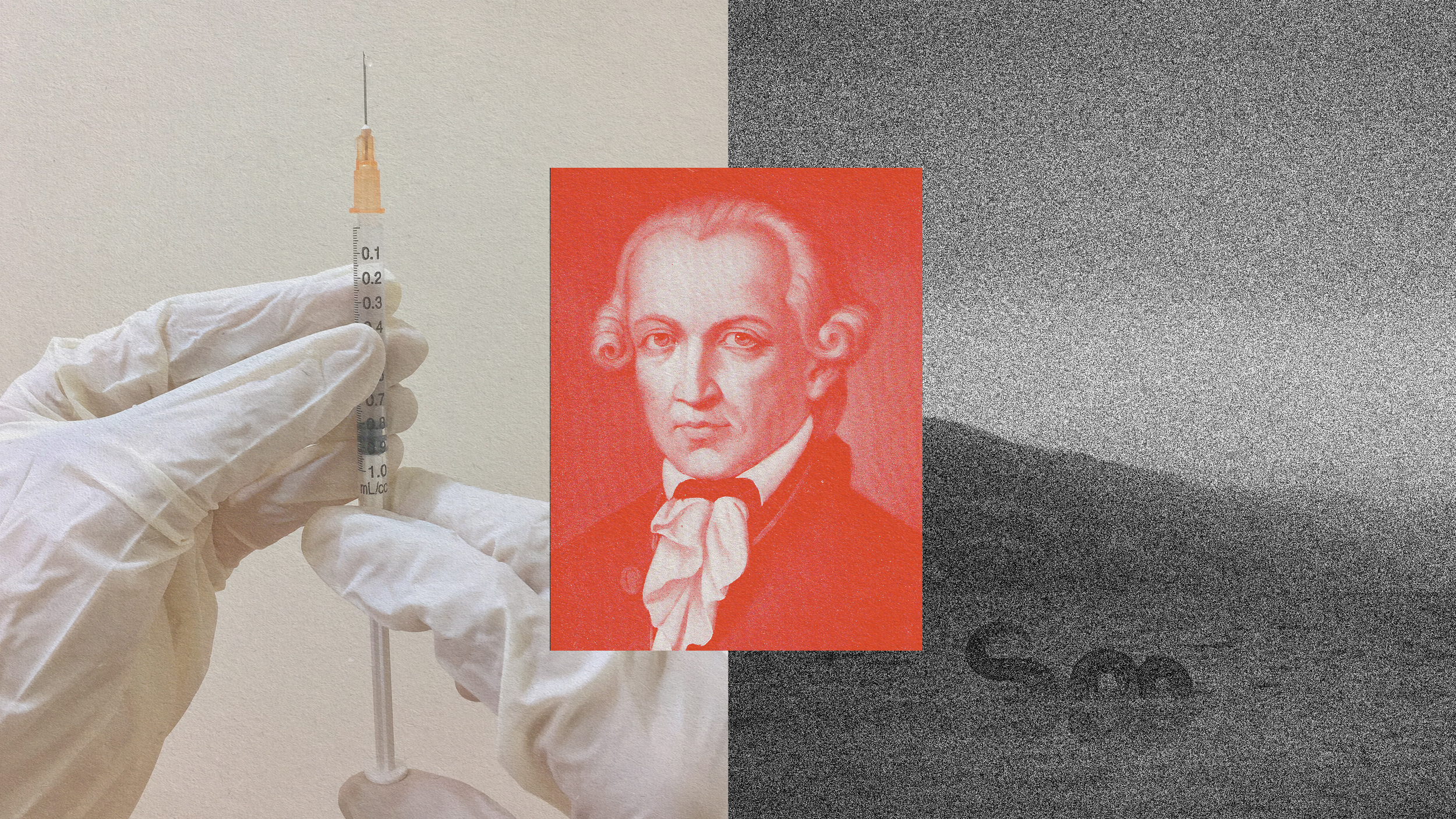When deciding a case, Breyer says, you don’t know what will have consequences.
Stephen Breyer: Sometimes it will have major consequences. Think of Brown v. Board of Education, which turned the nation away from segregation, and when we started to make the Constitution mean what it says, in my opinion, certainly. You don’t know what will have consequences. You can’t . . . you don’t know. I think history looks back. And it’s sort of like the stock market, my view of history, which is not very sophisticated. And the stock market, it goes up or it goes down. And then the experts tell you the next day why you should’ve known the previous day. And of course they don’t. All they do is 1,000 things happen and they pick out what’s significant. Well the historians look back and they say, “Of course this would have happened, because these earlier things happened.” But they know what happened, and they’re looking to see what’s significant. And we’re operating in a world where we’ll decide things, and we don’t know precisely what will happen in the future. So what we do is we do our best on each case. If a district judge is deciding a case of two people in front of him, that case is tremendously consequential for those two people. And a district judge at the trial level will take that with tremendous seriousness, because it matters to those people. It might be a matter of prison. It might be a matter of whether one is bankrupt or not. It might be a matter of family. There are lots of things that matter. Now every judge at every level takes the job seriously. And that, I think, is the most that a person in my position can do. You can do your best.
Recorded on: 7/5/07






